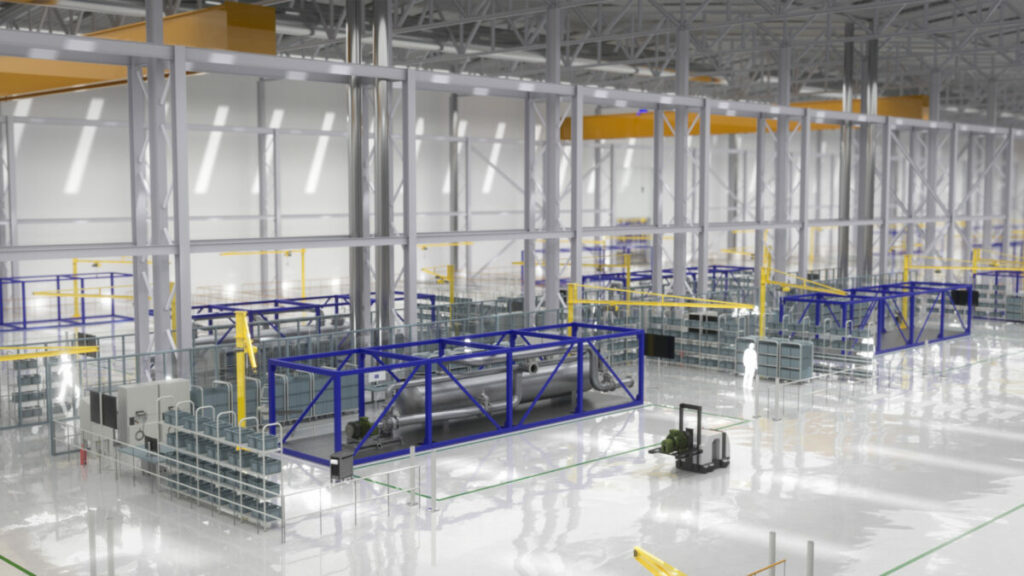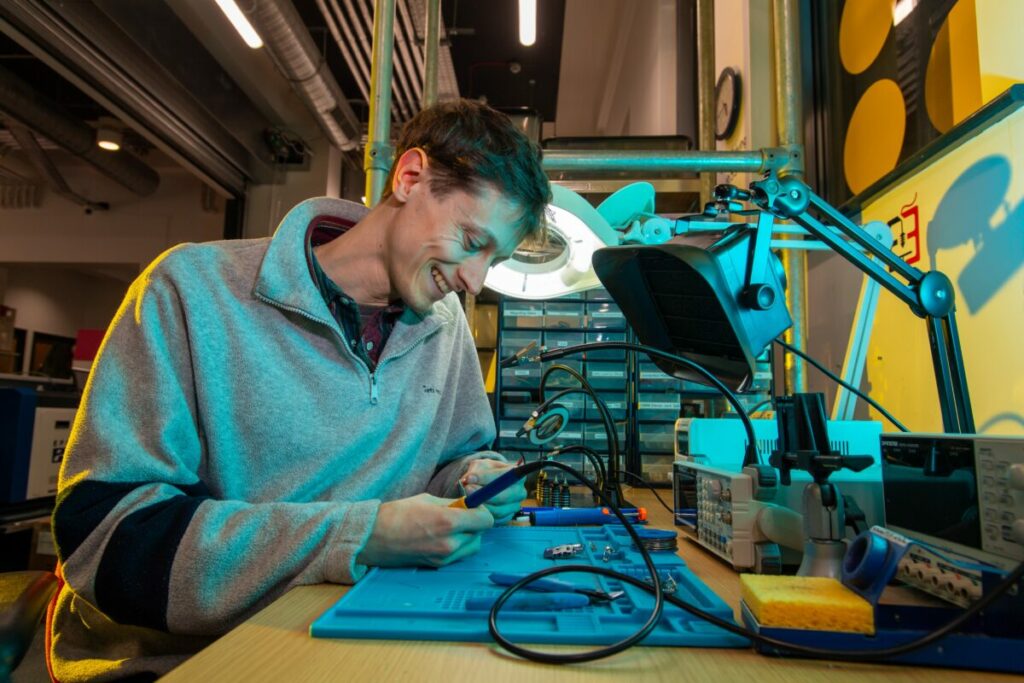The government is investing nearly £2 million in helping firms develop net zero AI.
It is funding eight AI projects that aim to cut emissions and boost energy efficiency.
These projects range from improving weather forecasting for solar energy production to helping consumers and businesses improve their energy efficiency and cut costs through AI-optimised software, the government said.
The projects will receive a share of £1.73 million to develop and scale up AI technology to support the UK’s green transition.
The funding is part of the government’s Artificial Intelligence (AI) for Decarbonisation Innovation Programme, which supports the development of AI technologies in the UK’s transition to net zero.
Minister for affordability and skills Amanda Solloway said: “These projects will use our world-leading research and scientific expertise to enhance our renewables sector and boost our energy efficiency through the use of AI in the transport, land use, and electricity space.
“Cutting edge innovation like this will help ensure our energy security for decades to come and create hundreds of jobs in the process.
The funding is split across different pots to address decarbonisation challenges in 3 sectors:
- the generation, demand, transmission, and distribution of electricity
- transport decarbonisation
- land use for renewables generation
Subscribe to Sustainability Beat for free
Sign up here to get the latest sustainability news sent straight to your inbox every day
The winning projects
Using AI to accelerate decarbonisation across generation, demand, transmission, and distribution of electricity
- University of Nottingham – receives £263,378 to improve the accuracy of weather forecasting for solar energy and help manage renewables for the electricity grid. It will use a combination of ground-based cameras and satellite images to analyse cloud cover and movement, to forecast solar energy production
- Clio Ventures in London – receives £133,368 to use AI to help financial institutions identify and validate key projects eligible for green finance funding
- Carbon Laces Solutions in London – receives £342,999 to develop a smart technology that ‘learns’ and adjusts how electricity is used at homes, to improve grid efficiency, and help users reduce their energy costs
- Optimise-AI in Cardiff – receives £125,100 to help businesses and industry use AI to optimise energy efficiency in their buildings through the development of a system that optimises energy usage by calibrating it with Internet of Things sensor readings
Using AI to optimise energy use in decarbonised transportation
- Flexible Power Systems in Kent – receives £209,360 to use AI to optimise electric fleet operations and charging schedules, based on analysing traffic and the locations of chargers. This will help minimise costs and cut transport emissions.
Using AI to optimise and identify land use for renewables generation
- EDF Energy R&D UK Centre in London – receives £23,586 to use AI to determine how to position wind turbines to reduce the space needed for an offshore windfarm without reducing its energy output. The AI technology will look at wind flow interaction between wind turbines and assess where and how to position turbines in relation to each other
- OnGen in Edinburgh – receives £326,371 to build AI software to recommend what low-carbon technologies could be used for buildings, to help consumers improve their energy efficiency and reduce bills
- Open Power in London – receives £313,700 to develop an AI system that will streamline selling electricity back to the grid, improving the efficiency of the process and enabling a faster rate of return
This follows previous funding provided through the scheme, including £1 million awarded to 8 winners.















